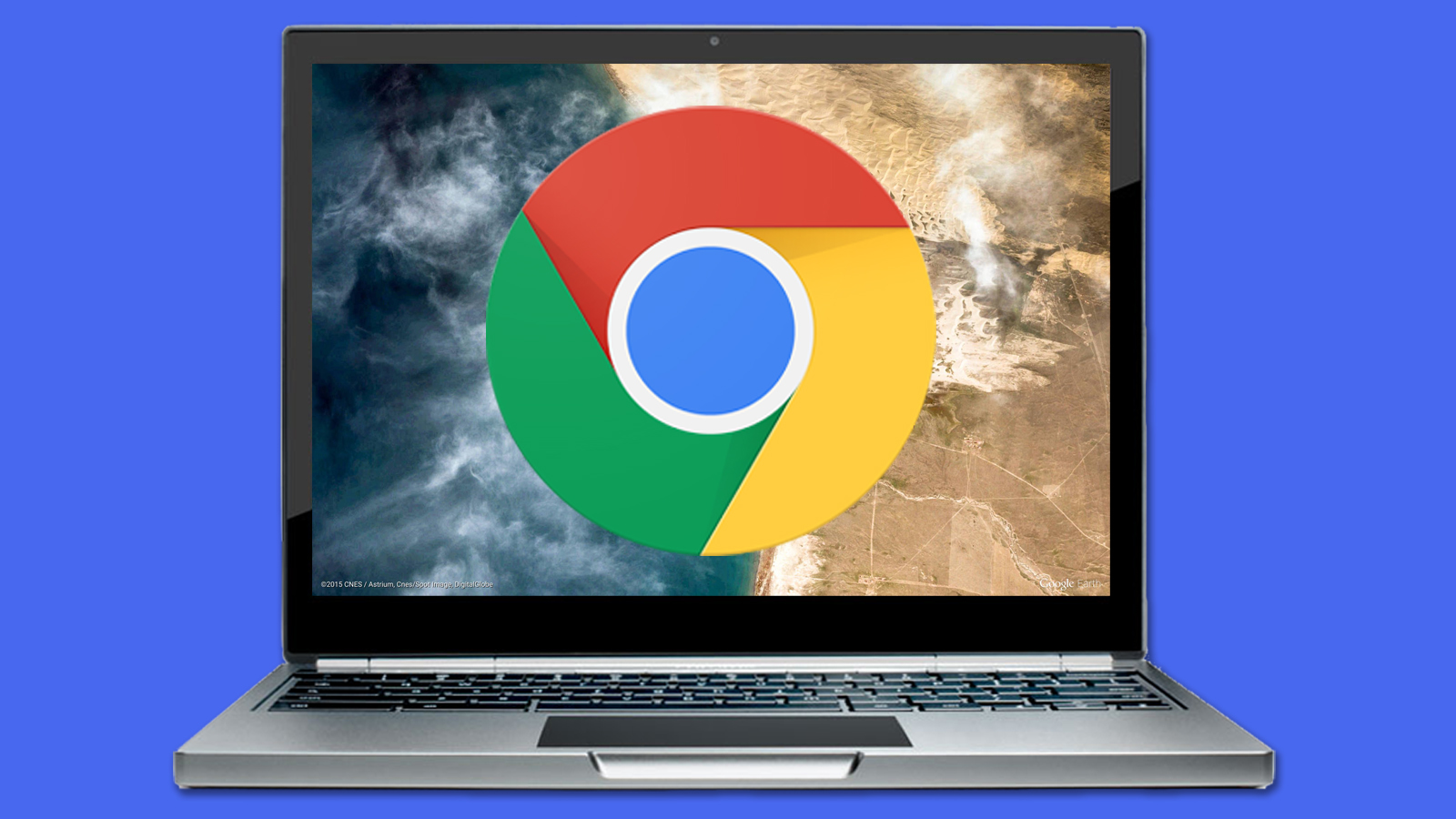
Sign up for breaking news, reviews, opinion, top tech deals, and more.
You are now subscribed
Your newsletter sign-up was successful
Pop-up ads were the great scourge of the early internet, but we now face a menace that's almost equal in annoyance: that of infuriating ads that automatically redirect you to different sites while you're middle of reading something else. And this isn't just annoying – it also puts you at risk for phishing and malware.
Thankfully, Google will start stuffing its popular Chrome browser with new protections against such nefarious practices over the course of the next few months. The rollout will happen in three parts early next year.
Beginning with the release of Chrome 64, Chrome will stop letting sites automatically redirect to new sites when you haven't clicked on anything. Google claims this kind of behavior often springs from third-party code embedded in the page, and that the page's author often had nothing to do with it.
Further down the road, Chrome 65 will fix that particularly nasty nonsense when the link you meant to click opens up in a new tab but the parent page redirects to an ad. As Google rightly sees this is as a "circumvention" of Chrome's pop-up blocker that has gone unpunished for too long.
"Starting in Chrome 65 we'll also detect this behavior, trigger an infobar and prevent the main tab from being redirected," says Ryan Schoen, Chrome's product manager, in the announcement post. "This allows the user to continue directly to their intended destination, while also preserving the context of the page they came from."
Finally, Google will also start blocking those infuriating page elements that are disguised as download or playback buttons, along with blocking invisible overlays that cause you to go to a different page.
Maintain your focus
Google won't actually start blocking elements like these until January. That means you have some time to prepare if you're a page owner.
To assist with this process, Google has released its Abusive Experiences Report, which lets you see if your site will be affected by the changes. If any conflicts haven't been resolved by the time 30 days pass by, though, Chrome will start blocking redirects and the opening of new windows from your site.
Sign up for breaking news, reviews, opinion, top tech deals, and more.
It's but one way in which Google is trying to clean up the web's act. Next year looks as though Chrome will deliver a much more comfortable core browsing experience, as Google also plans to implement other changes such as stopping video ads from autoplaying.
- More Google: don't miss our Pixel 2 review!